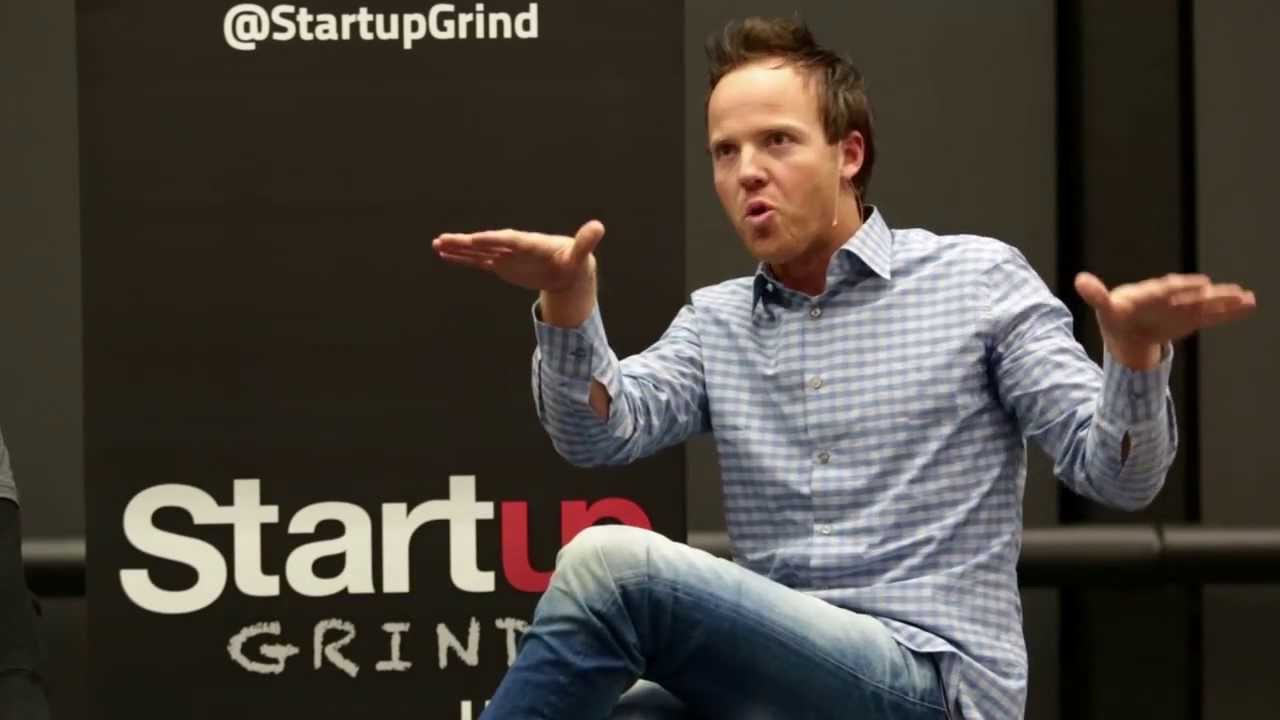Many people assume startups are launched in one movement. As Qualtrics co-founder Ryan Smith learned, however, most successful startups are the result of multiple tries as founders struggle to figure out what works.
Working in the basement alongside his fellow founders, Smith had a vision for how his startup would progress. Instead, they found themselves working in a small house with 25 cars parked outside. It was hardly the glamorous life of an entrepreneur, but when successes began rolling in, he was able to look back on those years as integral to where Qualtrics is today.
Targeting Academia
In its early years, Qualtrics identified academia as its target market. It was an untraditional choice, since the academic market is known for being short on money, but Smith’s father was an academic researcher and scientist who liked what they were doing. With his father as a built-in case study, they began pursuing academics within the same demographic. Even then, it took four or five tries before they finally found the right path within that target market.
“Out of the 400 bets we placed at Qualtrics, I think we got it right on the first try once,” Smith says. “You’ve got to have a vision to where it’s going to go, but then you’ve got to be able to let go of that vision very quickly and pivot and know, ‘Hey, that got us out in the water but where we’re going from here, it’s uncharted territory.’”
From Academic to Corporate
While Qualtrics had visions of expanding to the corporate market initially, Smith’s brother reminded him to stay with the academic market until he’d reached his goal of 250 universities. By staying on track with that goal, Qualtrics discovered once it had reached 250, it began growing from there. Each year, 800,000 academics use Qualtrics and those academics have introduced the platform to the corporate world.
“We just wanted to make sophisticated research simple for every academic,” Smith recalls. “That’s completely transitioned into the enterprise.”
Predicting Success
One of the hardest factors about starting a new business is predicting success or failure. While there are phenomenal successes like Dropbox and Instagram, there is no guarantee that a startup will gain a viral sort of momentum.
“It’s like buying a home and expecting this huge appreciation of your home and you just can’t bank on that,” Smith says, emphasizing if Qualtrics hadn’t caught on when it did, there would have been a Plan B and Plan C.
The Next Challenge
Qualtrics has set itself apart with its focus on sales. As Smith points out, sales culture is becoming increasingly important in all businesses. In the past, products were sold from the top down, but the culture is changing.
“The culture that they’re creating in their company is, ‘No, my people are going to decide what they want to use,’” Smith says. “If [Marc] Benioff called me today and said, ‘Hey Ryan, use Salesforce,’ my head of sales is going to decide what he wants to use.”
A Major Talent War
Smith doesn’t think anything will ever compare to the culture created in Silicon Valley, primarily because of the history. He adds, however, that no one location has the exclusive on smart people. After founding his company in Provo, Utah, Smith has found that he eventually reached a shortage of top talent in his own area, forcing the company to expand to other areas.
After expanding to Seattle, Dublin, Australia, Dallas, and D.C., Smith has demonstrated that a company’s headquarters can be wherever its founders want, but to scale, a successful company will eventually have to go global.

